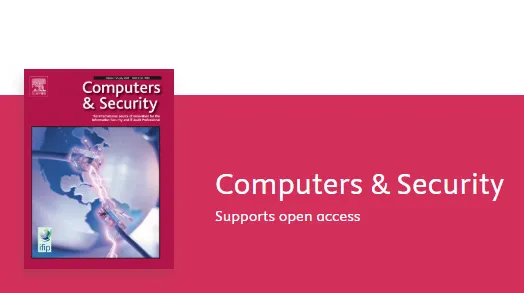
Managing Cybersecurity Employee Burnout
In an era where cybersecurity threats are escalating, organizations must look beyond technology and consider the human elements influencing cybersecurity risk. This white paper draws insights from the study "Job Demands, Identity, and Outcomes: The Mediating Role of Burnout Cynicism Among Cybersecurity-focused Employees" to highlight how job demands shape employee identity, fuel burnout cynicism, and ultimately impact organizational security and workforce stability.
Study Overview
Title: Job Demands, Identity, and Outcomes: The Mediating Role of Burnout Cynicism Among Cybersecurity-focused Employees
Authors: Ogbanufe, O., Jones, M. C., & Hancock, J. I.
Study Sample: Cybersecurity professionals employed across a variety of organizations
Research Objective: To investigate how job demands in cybersecurity roles affect professional identity, induce burnout cynicism, and drive critical outcomes such as employee turnover intentions.
Link to publication https://www.sciencedirect.com/science/article/abs/pii/S0167404824005832
Key Findings
High cybersecurity job demands weaken professional identity.
Diminished identity fosters burnout cynicism toward organizational goals and policies.
Increased burnout cynicism strongly correlates with greater intentions to leave the organization, presenting a critical risk to security continuity.
Implications for Organizational Governance and Risk Management
Cybersecurity governance cannot focus solely on technical standards and compliance. Workforce sustainability is a pivotal dimension of risk management. High turnover in cybersecurity roles creates organizational vulnerabilities, including knowledge loss, weakened security posture, and increased training costs.
Organizations should consider:
Designing cybersecurity job roles with realistic, manageable demands.
Investing in fostering a strong professional identity among cybersecurity personnel.
Developing leadership practices that recognize employee contributions and mitigate burnout cynicism.
Integrating employee well-being into cybersecurity governance frameworks.
Recommended Strategies for Leaders
Workload Governance: Implement workload monitoring mechanisms to detect and address excessive demands before they escalate into burnout cynicism.
Identity Reinforcement Programs: Create professional development pathways and recognition programs that strengthen cybersecurity employees' sense of purpose and identity.
Burnout Cynicism Mitigation Tactics: Equip managers to recognize early signs of burnout cynicism and intervene through transparent communication, participatory decision-making, and psychological support.
Holistic Cyber Risk Management: Update risk management plans to incorporate human resource metrics such as cybersecurity turnover rates and employee engagement indicators.
Protecting organizational assets requires not only technical defenses but also a resilient cybersecurity workforce. Understanding and addressing the psychological impact of cybersecurity job demands on employee identity and burnout cynicism is essential for effective governance and long-term risk management. By embedding workforce well-being into cybersecurity governance strategies, organizations position themselves to sustain both security effectiveness and operational excellence.
About the AuthorDr. Obi Ogbanufe is a researcher and consultant specializing in cybersecurity risk management, AI ethics and governance, and ethical technology practices. She advises organizations on creating governance strategies that align technological resilience with human-centered risk management.
